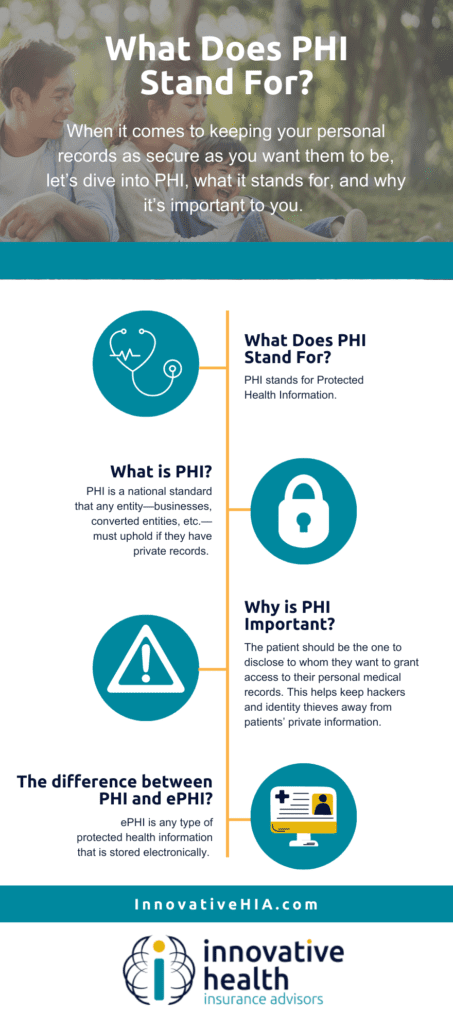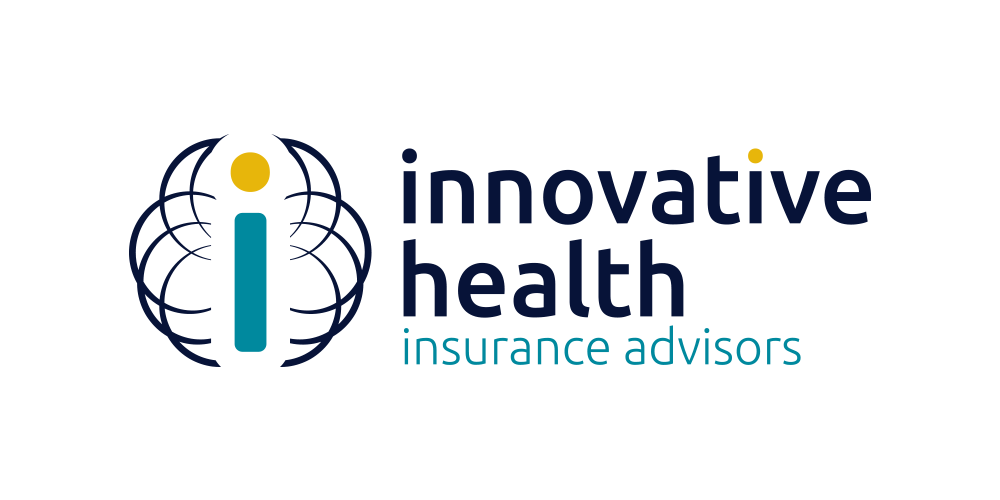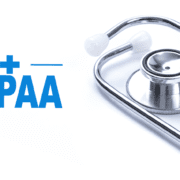What Does PHI Stand For?
The healthcare industry has many acronyms to keep track of.
For example, HIPAA for the Health Insurance Portability and Accountability Act, CDC for Centers for Disease Control and Prevention, and more. When it comes to keeping your personal records as secure as you want them to be, let’s dive into PHI, what it stands for, and why it’s important for you.
What Does PHI Stand For?
PHI stands for Protected Health Information. PHI is part of HIPAA regulations that protect patients’ personal health information. Under the act, patients have the right to disclose or withhold their information as they see fit.
What is PHI?
PHI is a national standard that any entity—businesses, converted entities, etc.—must uphold if they have private records. They must protect PHI, physical and electronic, from anyone without proper consent from obtaining it.
PHI includes an array of personal information that makes a person identifiable, including:
- Name
- Birthday
- Phone number
- Social security number
- Photos
- Medical records
- Address
- Unique identifiers
ePHI is any type of protected health information that is stored electronically.
Why is PHI Important?
PHI should stay personal and private. The patient should be the one who can disclose who they want to grant access to their personal medical records. This helps keep hackers and identity thieves away from patients’ private information.
What is the Difference between PHI and ePHI?
ePHI, as mentioned earlier, is electronically protected health information. Electronic data is more easily accessed and shared, which makes ePHI more protected by federal law. ePHI must meet the HIPAA Security Rule, HIPAA Privacy Rule, and the HITECH Act.
All are set in place to protect patients’ personal information from the wrong hands.
What is HIPAA?
The Health Insurance Portability and Accountability Act was created in 1996 to keep patient health information safe and secure. Under HIPAA, PHI can only be given with patient consent.
Covered entities must always follow and enforce HIPAA law. Different types of covered entities include:
- Health care providers
- Business associates
- Health care plans
- Health care clearinghouses
Maintaining HIPAA compliance keeps personal information secure and builds trust between patients and covered entities.
How Does HIPAA Protect Your PHI?
The HIPAA Security Rule requires covered entities to protect against reasonab
ly anticipated threats to the security of PHI. Covered entities must implement safeguards to ensure the confidentiality, integrity, and availability of PHI; however, HIPAA is not technology-specific and the exact safeguards implemented are left to the discretion of the covered entity.
HIPAA requires physical, technical, and administrative safeguards:
- Physical safeguards for PHI data include keeping physical records and electronic devices containing PHI under lock and key.
- Technologies such as encryption software and firewalls are covered under technical safeguards.
- Administrative safeguards include access controls to limit who can view PHI information. It is a requirement that staff are provided HIPAA security awareness training.
Have more questions? Visit our Frequently Asked Questions page here.

Article originally published on SBMA Benefits.





